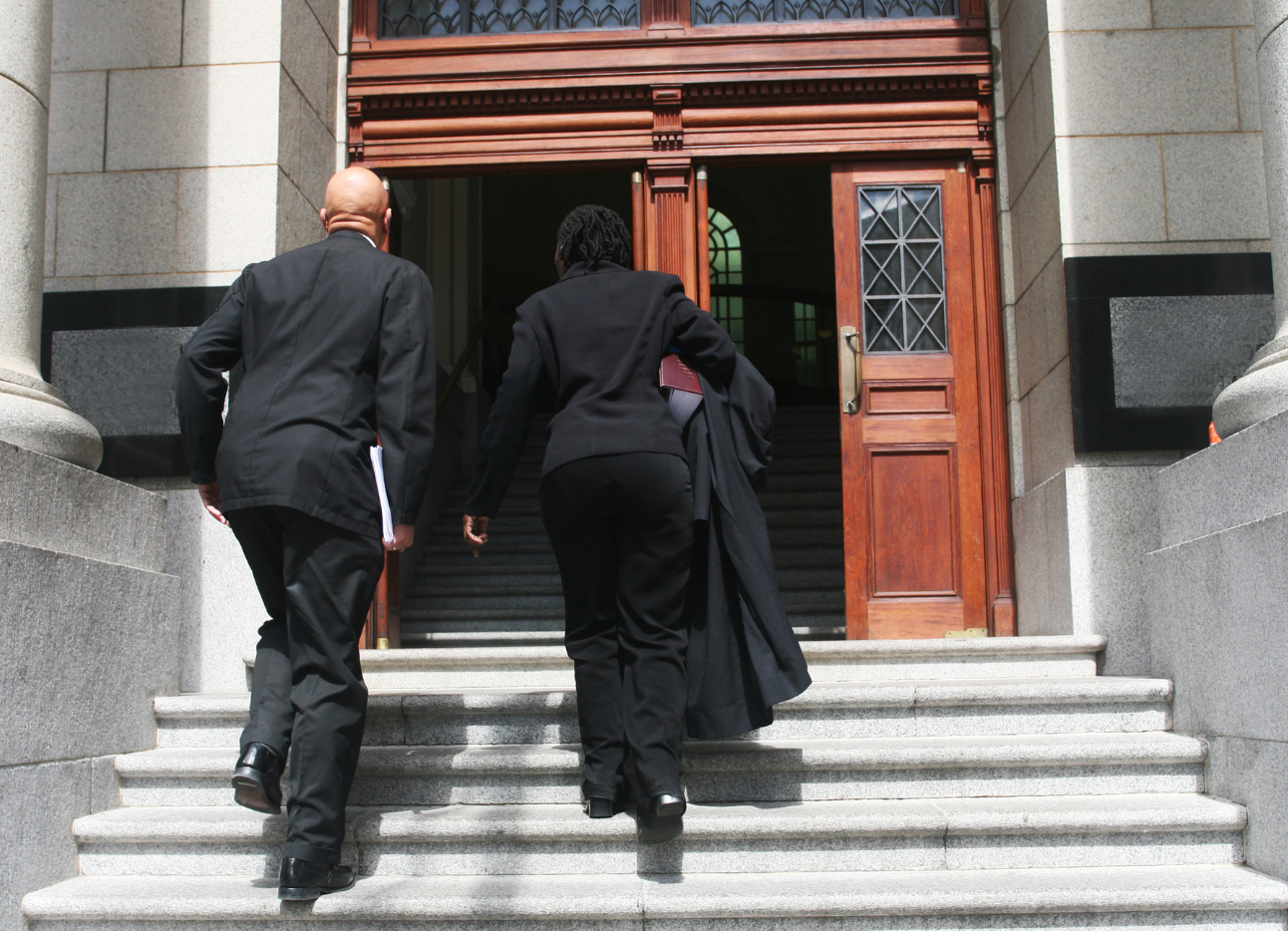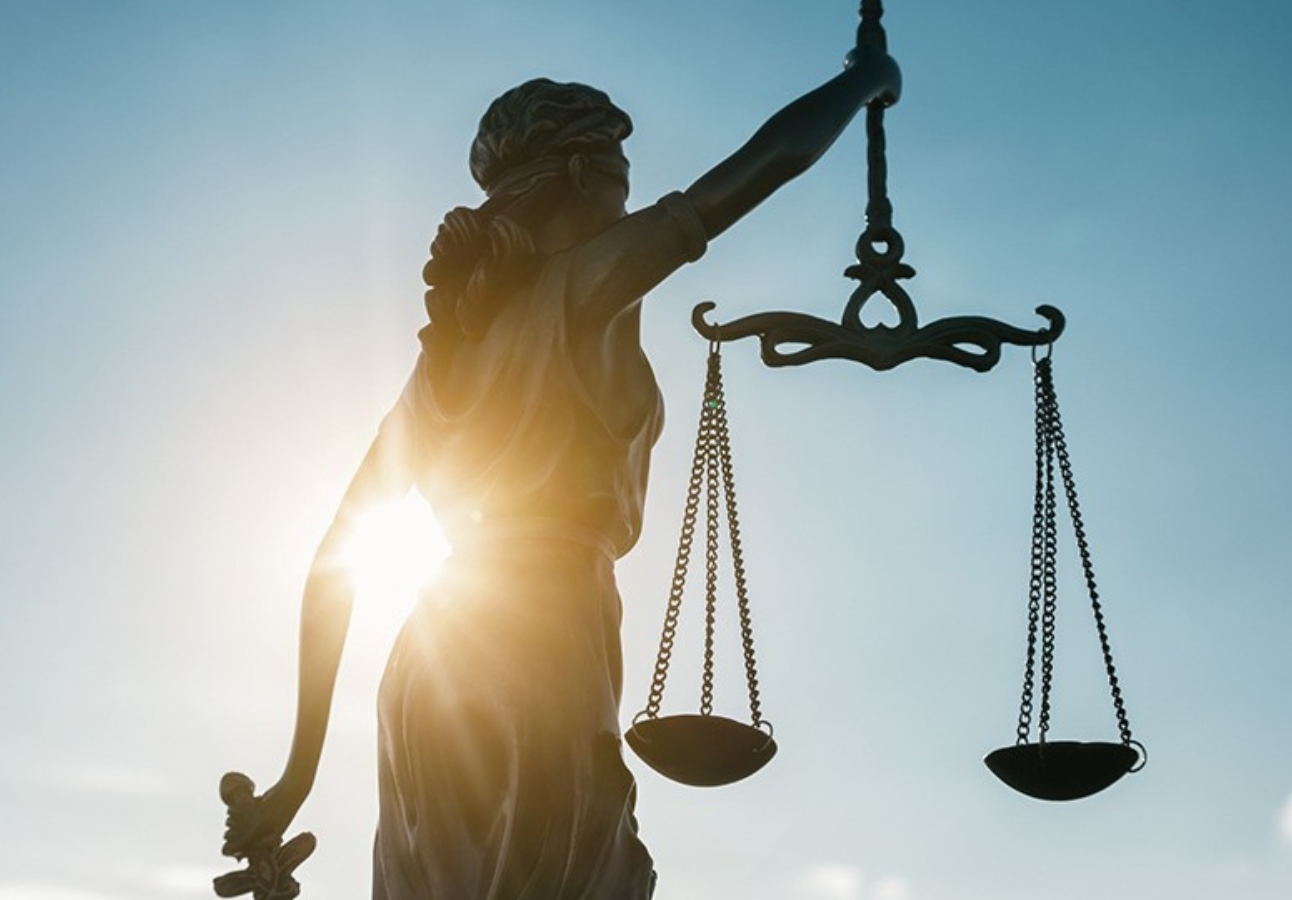
Statement on new measures in the Victims and Courts Bill
We welcome the government’s introduction of new measures under the Victims and Courts Bill, announced this week. These steps represent progress in recognising and responding to the needs of victims and survivors of domestic abuse—but they must mark the beginning, not the end, of change.
Giving victims and families a voice
One of the most significant changes is the ability for judges to compel offenders to attend sentencing hearings. Too often, perpetrators have refused to attend court, denying survivors and victims’ families the chance to be heard by those who harmed them. This measure acknowledges that justice is not only about punishment—it’s about restoring a sense of power and dignity to those harmed. The voices of victims’ families and survivors must be respected and central to the process.
Improving oversight and information
We welcome the expansion of the Victims’ Commissioner’s powers, including the ability to report independently on compliance with the Victims’ Code and to act on individual cases that raise wider public policy issues. This added independence will help shine a light on systemic issues and push for lasting improvements.
The Bill also improves access to information for victims about an offender’s release. Clear and timely communication helps survivors feel safer, regain control, and plan for their futures.
Creating a trauma-informed legal response
As outlined in our Don’t Complain report, the justice system—both criminal and family—can be re-traumatising for survivors. Legal professionals and the judiciary must receive ongoing training in domestic abuse, so they are equipped to respond safely and appropriately to adult and child victims.
In Scotland, the Domestic Abuse Court Advocacy (DACA) Standards—developed by SafeLives and ASSIST—are already making a difference. We urge the government to adopt a similar model in England and Wales to provide a consistent, supportive framework across the legal system.
Support must go beyond the courtroom
While the Bill introduces a more victim-centred approach in the Criminal Justice System, this must be backed with meaningful investment. Community-based services—often the first point of contact for survivors and the providers of IDVAs and ISVAs (independent advocates) —remain underfunded and overstretched. We continue to call for a statutory duty to commission and fund these services sustainably.
Every victim—no matter who they are or how they identify—deserves support that meets their needs. That includes survivors from minoritised communities, LGBTQ+ survivors, disabled people, and those with insecure immigration status. The continued lack of a firewall between the police and immigration enforcement remains a serious concern. No one should have to choose between safety and the risk of deportation.
What needs to happen next
This package of measures lays helpful foundations, but implementation is key. The government must work closely with survivors, specialist services and frontline professionals to develop clear statutory guidance, improve training, and make sure these changes have real impact—in courtrooms, police stations and communities.
At SafeLives, we’ll continue to push for a justice system that is joined-up, trauma-informed and shaped by the voices of survivors. Every adult and child deserves to be safe, supported and heard—and we won’t stop until that’s a reality.


Victims and Prisoners Bill becomes law

